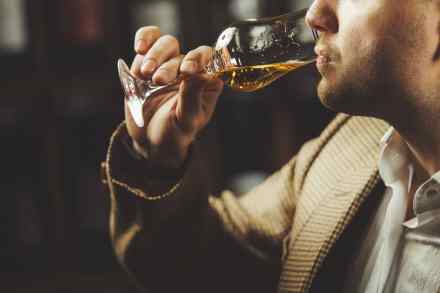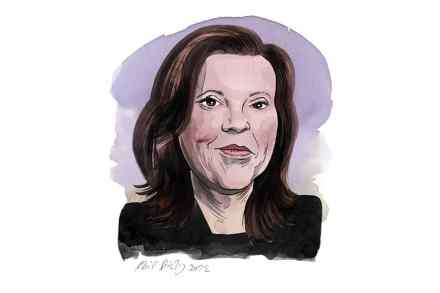A St Patrick’s Day guide to Irish whiskey
In the fifth century, Ireland suffered from a reptile dysfunction – it happens to the best of us. Pesky pagan snakes were everywhere, slippery anti-Christian evangelists making a nuisance of themselves, shedding their skin, swallowing hamsters whole and sticking their tongues out at everyone. But then the great Irish hero St Patrick came along. Except, Patrick, who had an Irish name (anglicized from Phádraig), was actually English. When he was 16, he was kidnapped and taken to Ireland as a slave, held there for six years before a brave escape back to England. Then, rather surprisingly given that ordeal, he decided to go back and preach Christianity. And now he’s





















